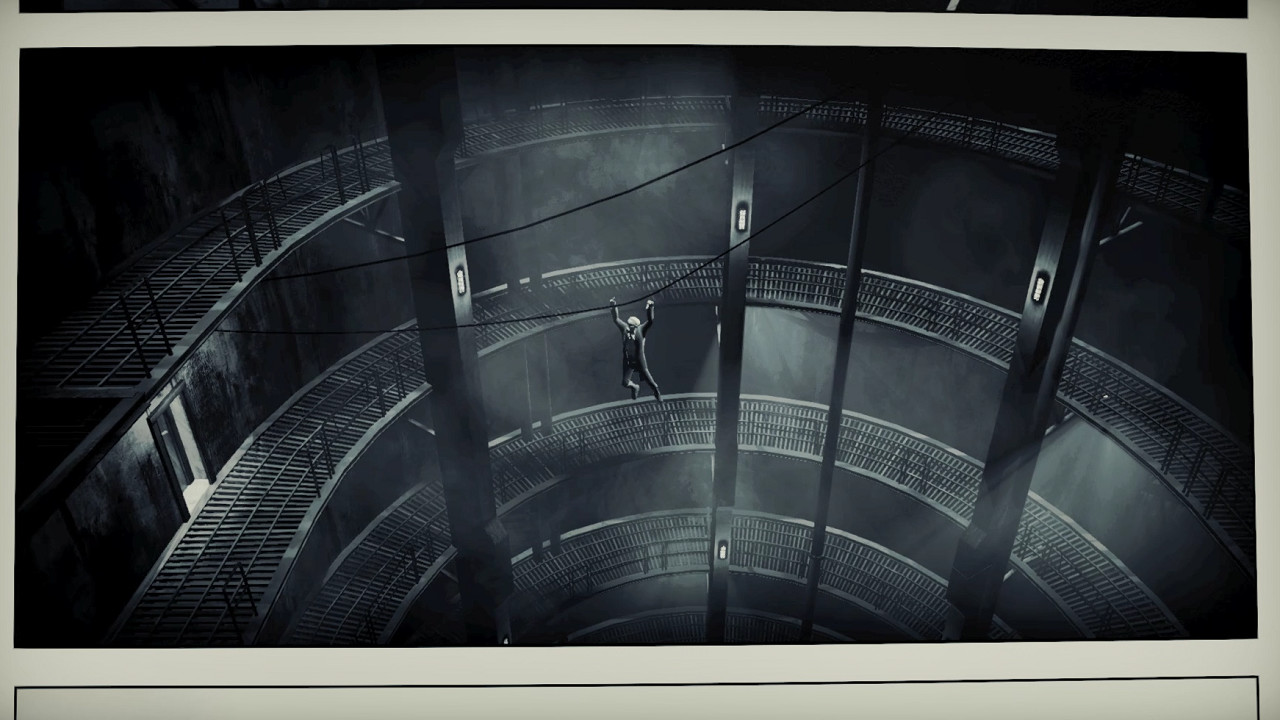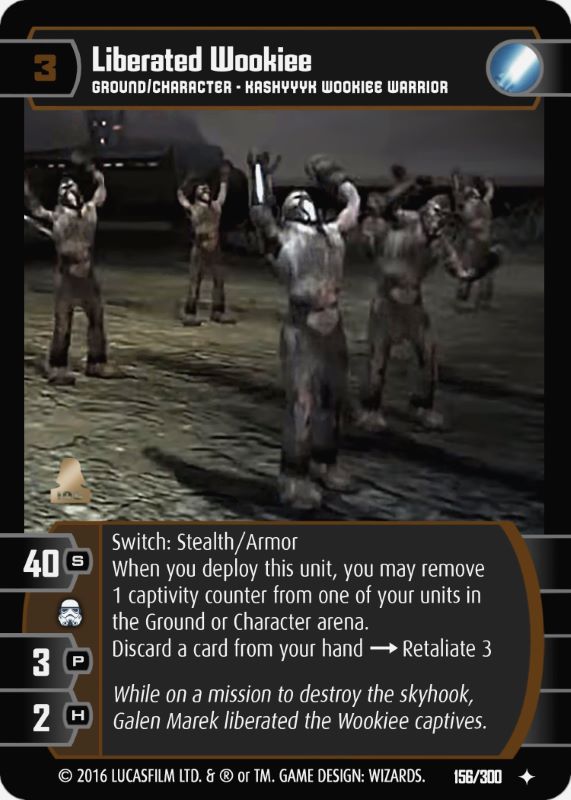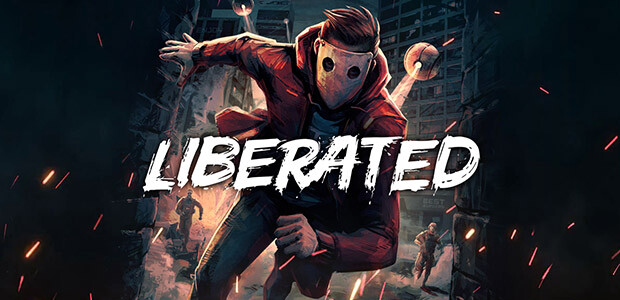
This was, after all, the capital of the movement. We were greeted as the great liberators of the city, which, to be honest, really made me angry at the time. Most of them were made up of very old people who were too old for the Volkssturm (a last line of defense made up of old men and young boys). "On Marienplatz there was a bunch of people," Robinow says. And as he and his troops began approaching the center of the city, they began seeing more and more people - by 2:00 in the afternoon, they were standing in the middle of a small crowd of people on the central square of Marienplatz. Munich was to be the last serious action he would see in World War II. In January 1945, he returned to Germany as a US soldier. When the Allies began preparing for occupying Germany, however, Robinow was recalled from Bermuda and retrained to interrogate German prisoners of war and Nazi functionaries because of his fluency in the language.

Robinow soon decided to enter the US military and, having been turned down from the air force because he was German, he ended up in the army and was posted to the island of Bermuda in 1941 to help guard an airstrip. "My roommate took me home with him a number of times and that's how I learned what gefillte fisch was." "I didn't know a thing about Jewish culture," he says.

It was there, while studying English on the campus of Swarthmore that he had his first contact with his Jewish roots. It wasn't long before Robinow moved to Denmark and then, in 1938, a sibling already in the United States was able to arrange for him to emigrate to Pennsylvania. "I felt like a kid that was punished for something I didn't do." He had to leave the Hitler Youth the next day. SPIEGEL Media Menü SPIEGEL Media aufklappen.Alle Magazine Menü Alle Magazine aufklappen.SPIEGEL-Heft Menü SPIEGEL-Heft aufklappen.



 0 kommentar(er)
0 kommentar(er)
